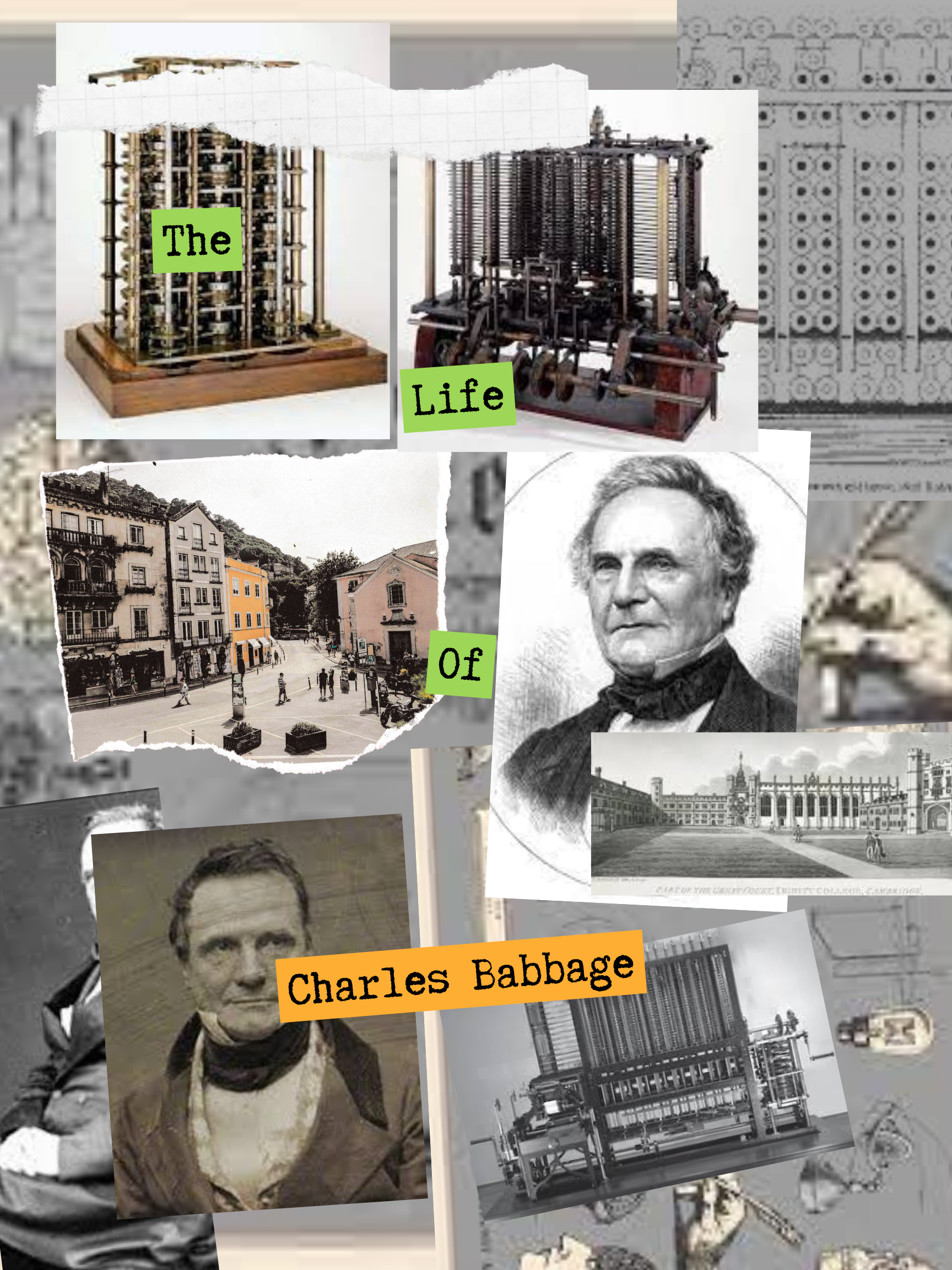Charles Babbage was born on December 26, 1791, in London. He died in his house in London October 18, 1871, at the age of 79. As a youth, he was his own instructor in algebra and was very knowledgeable about continental mathematics. He entered Trinity College in 1811 and co-founded the Analytical Society that promotes continental mathematics and reforms the mathematics of Newton then taught at said university. His works were formally recognized by numerous respected scientific institutions. Charles Babbage, then 37, ascended to occupy the Lucasian chair of mathematics at Cambridge. He held this position for 11 years. He was appointed a Fellow of the Royal Society in 1816 an played an important role in the foundation of the Astronomical Society in 1820. Charles Babbage, in 1821, invented the Difference Engine to accumulate mathematical tables. When the invention was completed, it led on to him thinking of an idea that further led into his next invention idea. The Analytical Engine which was invented in 1856. It was intended as a general symbol manipulator and shared some properties of computers today. Considered to be the ancestors of a modern digital computer. He worked on it u until he his death in 1871. He played a prominent part in the establishment of the Association for the Advancement of Science and the Statistical Society, which later came to be known as the Royal Statistical Society. He helped in the establishment of the modern postal service in England. Babbage also invented a type of speedometer and the locomotive cowcatcher. The most fascinating thing discovered while researching Babbage was that he was a sickly child and almost died from a fever when he was young.
University of Minnesota Charles Babbage Institute PageCharles Babbage's Britannica Biography
Charles Babbage Famous Scientists Page